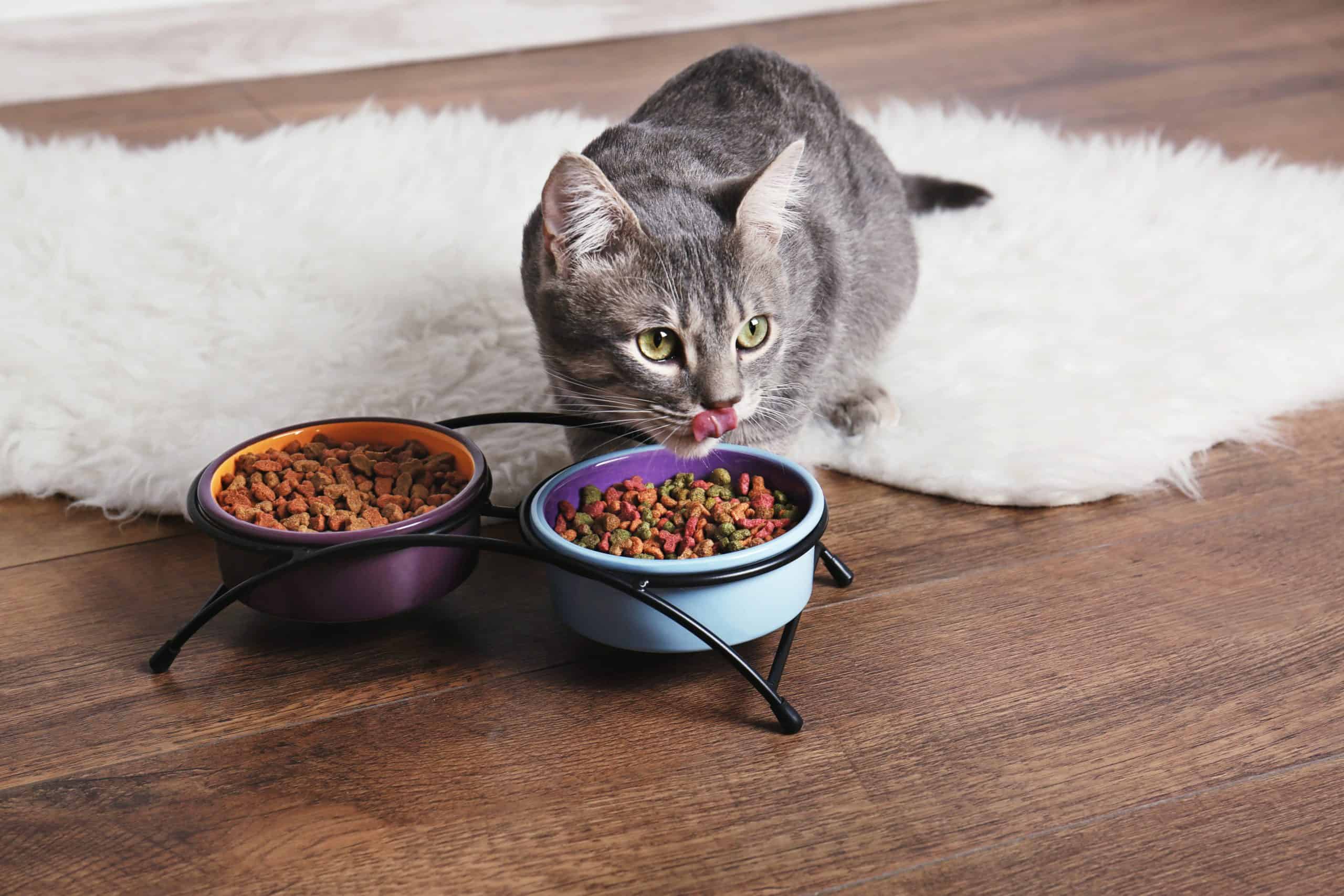
Are you worried about your cat showing symptoms of food allergy? Although cats are usually not that prone to allergies, they can occur at any point. Many things, like fungi, mould, dust, and perfume, can cause these allergies. But the most common one is an allergic reaction to certain food items, such as dairy, fish, and beef.
In such cases, taking your cat to the vet and feeding it hypoallergenic cat food are some excellent choices. However, you should avoid self-diagnosis and consult a professional healthcare provider before deciding.
Here are a few essential things you need to know.
What are the signs that your cat has a food allergy?
With almost 30% of households having cats, the feline companions make up a significant portion of pets in Australia. The good news is that there are enough vets and food alternatives to cater to your sick kitten.
The first thing for you to do is to understand the early signs and symptoms of food allergy in your cat.
The symptoms include:
- Skin issues
- Furball problems
- Ear infections that keep coming back
- Gastrointestinal issues, such as diarrhoea and vomiting
- Breathing issues
Among these, breathing or respiratory problems are rare signs. But the rest are clear signs of food allergy.
Other risk factors
The reason your cat may suffer from food allergies can also be related to its genetic characteristics. If your cat has an allergy to specific environmental allergens and food items, chances are its parents probably had the same issue.
Note: Cats can develop an allergic reaction to food from the time it is three months old.
Which food causes allergies in cats?
Cats can develop allergies to various food items, which usually fall into their regular diet. For instance, chicken, beef, dairy, and fish are common food items that your cat can be allergic to.
If your cat is allergic to certain food items, it has probably eaten them before. Animals cannot develop an allergic reaction to a food they have never tasted.
Unfortunately, there is not much information available to say precisely which food items can cause allergies in your cats. In this case, the only thing you can do is choose hypoallergenic cat food. These are designed to provide the necessary nutrients without harming the immune system of your feline friend.
How can a vet help?
A veterinarian can diagnose the early symptoms and causes of food allergy in your cat. If they suspect any signs, they will advise you to avoid some specific food ingredients. You may have to feed bland food to your kitten during this time. But hypoallergenic cat food items can solve the problem as these are not tasteless.
After continuing this type of diet for a specific period, you need to get your cat checked once again. If, after following the restricted diet, the vet notices any improvements, only then they may ask you to reintroduce regular food.
Conclusion
Having a pet is a big responsibility, and if you have a cat, you need to take care of it. Food allergies can disrupt the normal lifestyle of your feline companion. But with the above knowledge and the help of a licensed medical practitioner, like a vet, you can solve the problem. This will allow your pet to live a healthy, happy life, causing joy to you in return.
-
-
-
-